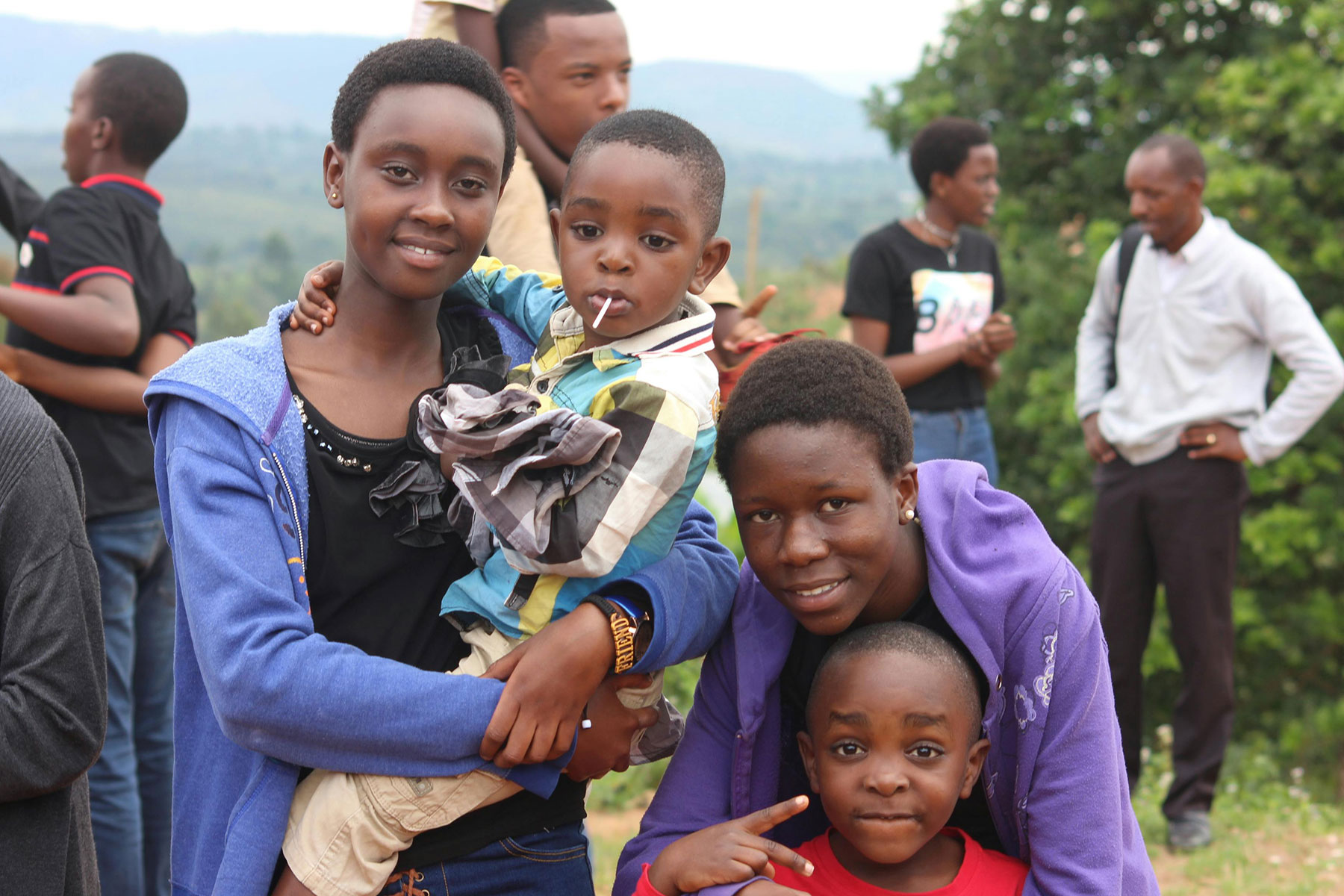
By Amy Morin, LCSW
Although adults often say things like, “He was so young when that happened. He won’t even remember it as an adult,” childhood trauma can have a lifelong effect. And while kids are resilient, they’re not made of stone.
That’s not to say your child will be emotionally scarred for life if he endures a horrific experience. With appropriate interventions, adults can help kids recover from traumatic experiences more effectively.
But it’s important to recognize when your child may need professional help with dealing with a trauma. Early intervention could prevent your child from experiencing ongoing effects of the trauma as an adult.
Share This Post!
Emotional and Psychological Trauma
By Lawrence Robinson, Melinda Smith, M.A. and Jeanne Segal, Ph.D. What is emotional and psychological trauma? Emotional and psychological trauma occurs when extraordinarily stressful events shatter your sense of security. Psychological trauma can leave you [...]
Understanding Childhood Trauma: Ways to Support Young People
By Boys & Girls Clubs of America For generations, tough childhood experiences have been swept under the rug by phrases like these. Oftentimes, the reason why is simple: many families simply did [...]
Addressing The Link Between Trauma And Addiction
By National Governors Association Many Americans have experienced traumatic events, toxic stress, and other types of adversity in childhood. However, repeated exposure to trauma and adversity in childhood predicts a variety [...]
The Health Benefits of Volunteerism
By Eric Burger It’s a simple fact that every nonprofit organization knows: volunteering makes you feel better. But did you know that the anecdotal stories about volunteering health benefits have been [...]
Checklist: Creating Safe Spaces for Youth
By Mental Health America Now more than ever, young people need an environment where they feel seen, heard, and valued. [...] Creating connection starts with you, so allow youth to get [...]
What is Childhood Trauma: Trauma Types
By The National Child Traumatic Stress Network When a child feels intensely threatened by an event he or she is involved in or witnesses, we call that event a trauma. There [...]







